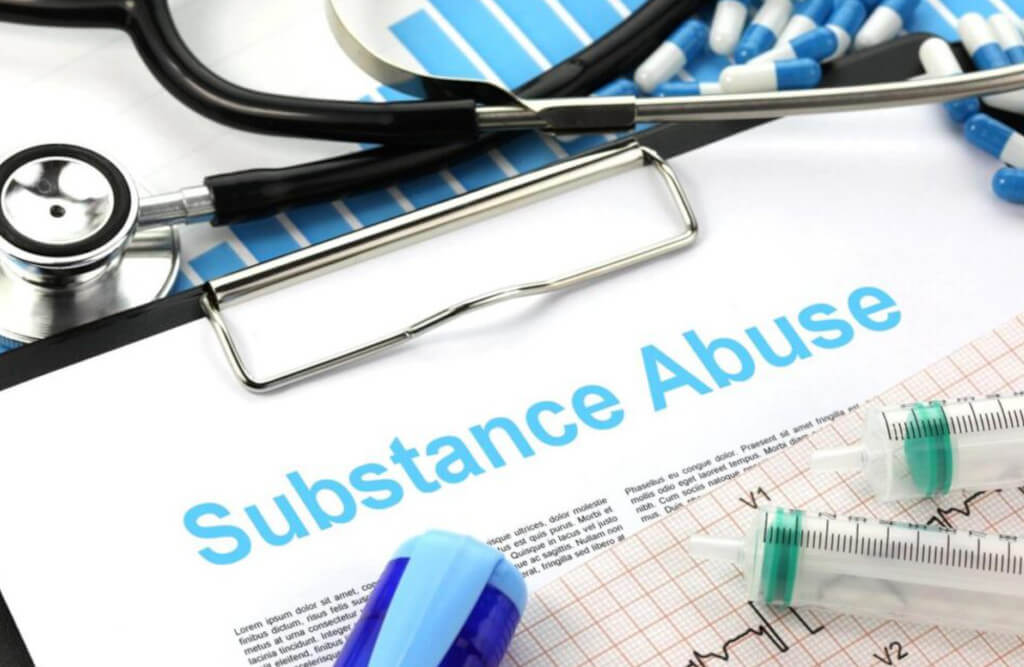
Addiction is a complex and deeply personal struggle, influenced by a variety of biological, psychological, and environmental factors. Among the most significant yet often overlooked contributors to substance abuse is trauma. Whether it stems from childhood abuse, domestic violence, combat experiences, or other life-altering events, trauma can have a lasting impact on mental and emotional health. For millions of people, substance use becomes a coping mechanism—a way to numb pain, escape reality, or manage overwhelming emotions rooted in traumatic experiences.
Understanding Trauma
Trauma is the emotional response to a deeply distressing or disturbing event. It can be caused by a one-time occurrence, such as a car accident or assault, or by prolonged exposure to harmful environments, such as growing up in a household with abuse or neglect. Trauma doesn’t affect everyone the same way; while some people recover quickly, others carry the psychological scars for a lifetime.
Symptoms of trauma can include anxiety, depression, flashbacks, nightmares, and emotional numbness. These symptoms can make everyday life challenging, often leading individuals to seek relief through drugs or alcohol.
Self-Medication and the Path to Addiction
Many individuals who have experienced trauma turn to substances as a form of self-medication. Alcohol, opioids, stimulants, and other drugs can temporarily dull emotional pain or help someone feel a sense of control. However, this relief is short-lived and ultimately harmful. Over time, the brain becomes dependent on the substance to cope, leading to addiction.
For example, veterans suffering from post-traumatic stress disorder (PTSD) may use alcohol or drugs to suppress intrusive memories or anxiety. Similarly, survivors of childhood abuse may rely on substances to escape feelings of shame or worthlessness. In both cases, substance use often escalates as tolerance builds and emotional pain persists.
The Link Between Trauma and Co-Occurring Disorders
Trauma and addiction frequently co-exist with other mental health issues. Depression, anxiety, and PTSD are common among those struggling with substance abuse. This combination, known as a co-occurring or dual diagnosis disorder, makes treatment more complex. Unfortunately, many individuals are misdiagnosed or go untreated, leading to a cycle of addiction and emotional distress.
Breaking the Cycle Through Trauma-Informed Care
To effectively address addiction rooted in trauma, treatment must go beyond simply addressing substance use. Trauma-informed care is an approach that recognizes the role of trauma in a person’s life and tailors treatment accordingly. This includes creating a safe and supportive environment, building trust, and offering therapies that address both trauma and addiction.
Cognitive behavioral therapy (CBT), eye movement desensitization and reprocessing (EMDR), and group counseling are commonly used to help individuals process trauma and develop healthier coping mechanisms. When trauma is treated alongside addiction, recovery becomes more sustainable.
Conclusion
Trauma plays a powerful role in the development of addiction, shaping the way millions of people cope with emotional pain. Recognizing the connection between past trauma and current substance use is essential for effective treatment and lasting recovery. By addressing the root causes and providing compassionate, trauma-informed care, we can help individuals heal not only from addiction but from the wounds that led them there.



